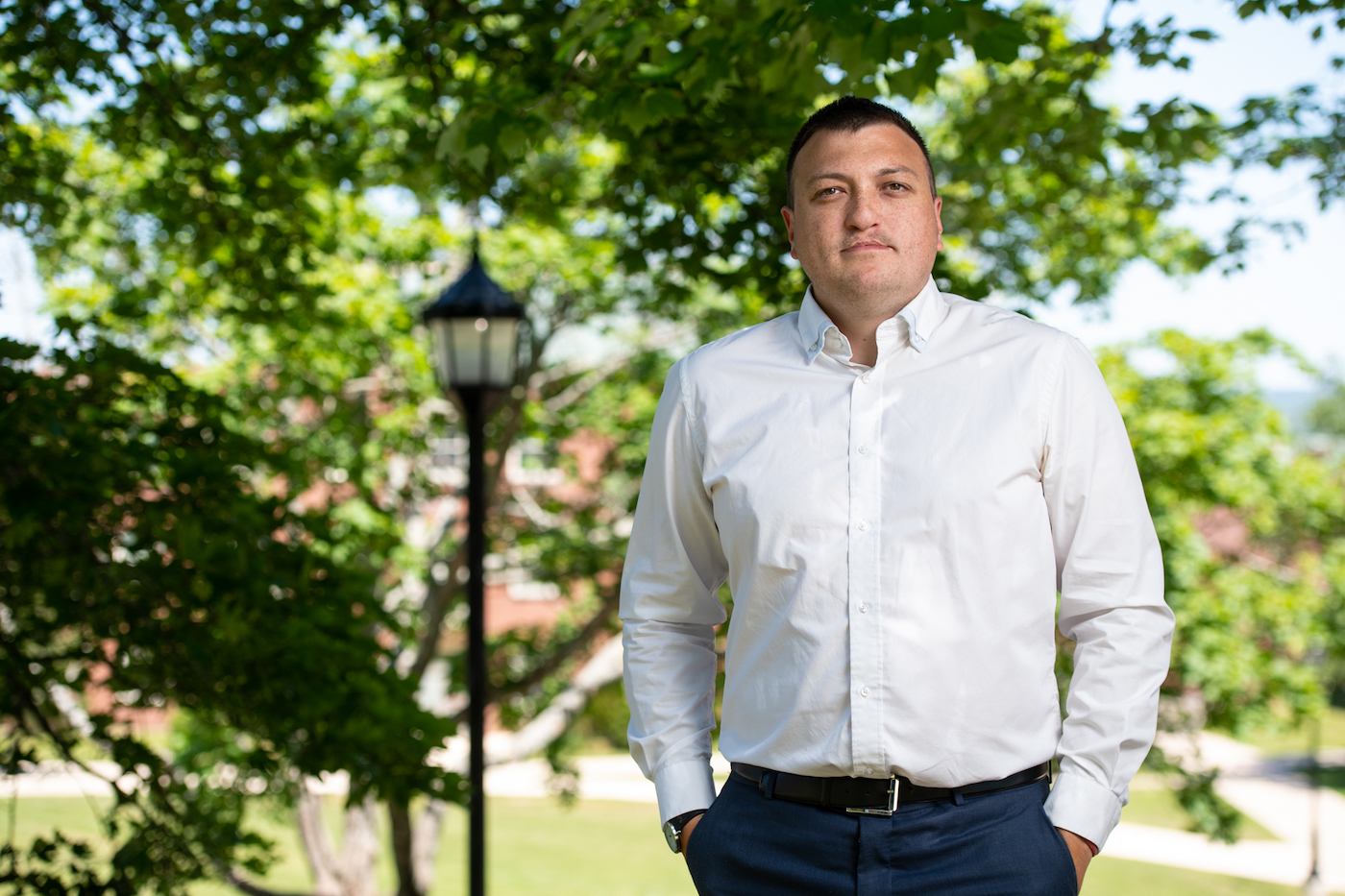When experience produces negative returns: A fresh perspective from UNB Researcher
Author: Matthew MacLong
Posted on Aug 19, 2021
Category: Faculty

Performing tasks for the first time on the job is challenging, but how much experience should organizations expect their managers will need before they begin showing improvement in a new task?
Very few studies capture the early stages of experiential learning in organizations. Typically, studies on this subject tend to focus on established organizations without going back far enough to see how managers were performing in the absence of experience. The majority of this research suggests that the learning curve, a common term both in organizational and in our day-to-day life, is very positive in the early stages of experience accumulation and turns flat and perhaps negative before it begins to increase incrementally as we refine our existing knowledge.
In his study “How long does it take to get to the learning curve?”, published in the Academy of Management Journal (2019), faculty of management professor Dr. Serghei Musaji challenges this logic and the assumptions attached to looking at experiential learning through a positive learning curve. His paper sheds light on an ignored part of experiential learning – the initial experience accumulation when experience has negative returns.
Musaji suggests that before attempting a new task, we both collect theoretical knowledge and pick a convenient approach that should presumably secure a good initial result. As a result, the assumption that our first try would be unsuccessful is problematic because we both pre-learn about the type of action and choose the type of action. Both make us quite prepared to perform well at first, however, as we continue to perform a task our initial theoretical knowledge starts to face a complex and nuanced reality. We run out of “low-hanging fruit” and can no longer conveniently do things. To continue doing well and improve, we need to deeply understand what we are doing.
As a result, Musaji argues that the initial process of experience accumulation is characterized by negative returns. Simply put, every time you repeat something, initially, you do worse and worse and not better and better, as we have traditionally thought. He argues that “improvement starts only after you have accumulated sufficient first-hand information and experience so that you can make sense out of it and start gradually improving in ways the traditional learning curve theory suggests”. This highlights the key takeaway of the study, which is when experience has negative returns.
Musaji believes understanding the shape of the learning curve is important because it affects how we behave while pursuing targets. “When working on something, we set targets and then use them to evaluate the results to conclude whether we have done something right or wrong. If we think the results suggest we did something right, we repeat the same action with few or minimal changes. However, if we think the results suggest we failed, we revise and do things differently.”
Using traditional learning curve logic, an initial failure means we need to correct our actions; however, “if we know that initial failures are a part of normal information accumulation and that we need sufficient information to make sense of it, the recommendation would be to ignore both early failures and successes and treat them as random signals,” says Musaji.
Understanding the learning curve will be of value to both companies and individuals since we all tend to self-regulate depending on feedback to prior actions. How we respond to this feedback depends on whether we think it is positive or negative. This study suggests that we should not make that determination early on since we cannot assume there is any effective learning taking place until we have accumulated sufficient experience to understand what it means.
Musaji joined UNB’s faculty of management in August 2020 as Assistant Professor of International Business. His work on strategy and entrepreneurship in the context of international business has garnered him international awards, including the Ewing Marion Emerging Scholar Best Paper Award (2016). His work has been published in the Academy of Management Journal, Academy of Management Proceedings, and Frontiers of Entrepreneurship Research.
PHOTO: Dr. Serghei Musaji’s research investigates experiential learning within organizations.
Learn more about UNB's faculty of management.
